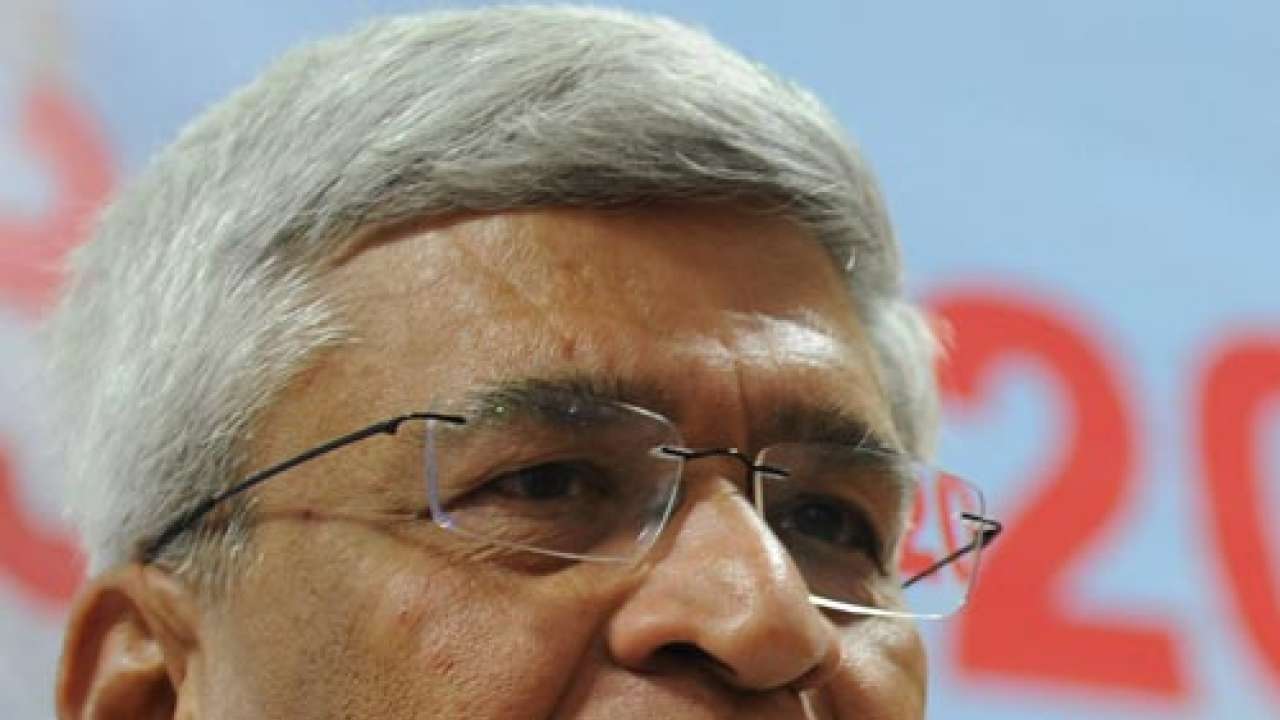
Do you think it is a two-horse race, or is it a multi-party contest where all the players have an equal chance?
Unlike in the beginning where it was envisaged that it was a battle between Congress-led alliance and BJP-led alliance, or it is a contest between Narendra Modi and Rahul Gandhi and so on, it is clear that these elections will be a three-cornered or a multi-cornered contest. Congress is going down steadily. The BJP is trying to gain out of this. I think it will boil down to which are the parties that can effectively fight the BJP and prevent Narendra Modi from forming a government. This is going to be the key issue.
Unless the Left parties get substantial numbers it will not be able to change the political equation...
Historically 2004 was an exception. In 2004, the Left got 60 seats. The Left has generally averaged between 40 and 45 seats in the past, and our party would have 30 to 35 seats out of that. If the Left maintains this, then the Left will be in a position to play a role in the post-election scenario.
Do you think that people are fed up with 10 years of Congress government, and they will be tempted to succumb to the alternative of BJP, not because they like BJP or favour BJP…
In some states and regions where there is a bipolar fight between the Congress and the BJP, the BJP would naturally make the gains. We have seen this in the recent assembly elections. This is not the situation in majority of the states in rest of the country. A Congress decline does not automatically translate into a BJP advance. The alliances which are being forged and which are in the making will also play a role.
Do you think that the allies, the smaller parties which shifted to Congress in 2004, the same allies will move over to the BJP?
Well, it will all depend on the numbers eventually. If the BJP emerges stronger, there will be a pull towards the BJP. What we planned when the nine, eight parties which met, was to decide to maximise our numbers in our respective areas. Then we will pool our resources, subsequently after the elections. If the Samajwadi Party, the Janata Dal (United), the All India Anna Dravida Munnetra Kazhagam (AIADMK) and the Left parties in their respective states do well, then there is a possibility of an alternative after the election. The second thing is that as much as there are people against Congress, and vote against Congress, there are equally large number of people who do not want the BJP. The Congress cannot counter the BJP. It depends on other parties to convince the people how much they can defeat the BJP and stop the BJP.
Do you think that some of the irreconcilable parties, the AIADMK and the DMK, the SP and the Bahujan Samaj Party (BSP), Trinamool Congress and the Left parties can come together to provide a non-Congress, non-BJP alternative in national interest?
Some of these contradictions and differences will be sorted out in the election. In Tamil Nadu, if AIADMK emerges stronger, then they will be party which will play the decisive role. Similarly in other states, where the parties are competing against each other.
How do you look at the performance of the Left parties in the West Bengal Lok Sabha elections?
As far as we concerned we know that the bulk of our seats come from three states, West Bengal, Tripura and Kerala. Last time when did not do well in the Lok Sabha, out of the 16 we won, 15 came from these three states. We are concentrating on these three states. For us, West Bengal is a difficult challenge because we are facing non-political factors. That is a determined attempt not to allow our party workers to go among the people. There is physical violence and attacks. If we are able to overcome these hurdles, if the Election Commission is able to ensure reasonably fair and peaceful polls, we will improve upon our 2009 performance.
The TMC is losing its sheen after three years in power?
The process has begun but it is not yet reflected in the election process because of the extra-political factors. As a matter of fact, the TMC is aggressive because it does not want the shift to materialise by suppressing the opposition.
In 1996, there was a determined attempt to stop the BJP from coming to power. This has resulted in a polarisation which has benefited the BJP. Do you agree?
Irrespective of our ideological differences, we have fought the BJP in the political arena and in the parliamentary arena. The fact is that in 1996 the BJP did not have a majority and we were able to put together an alternative combination.